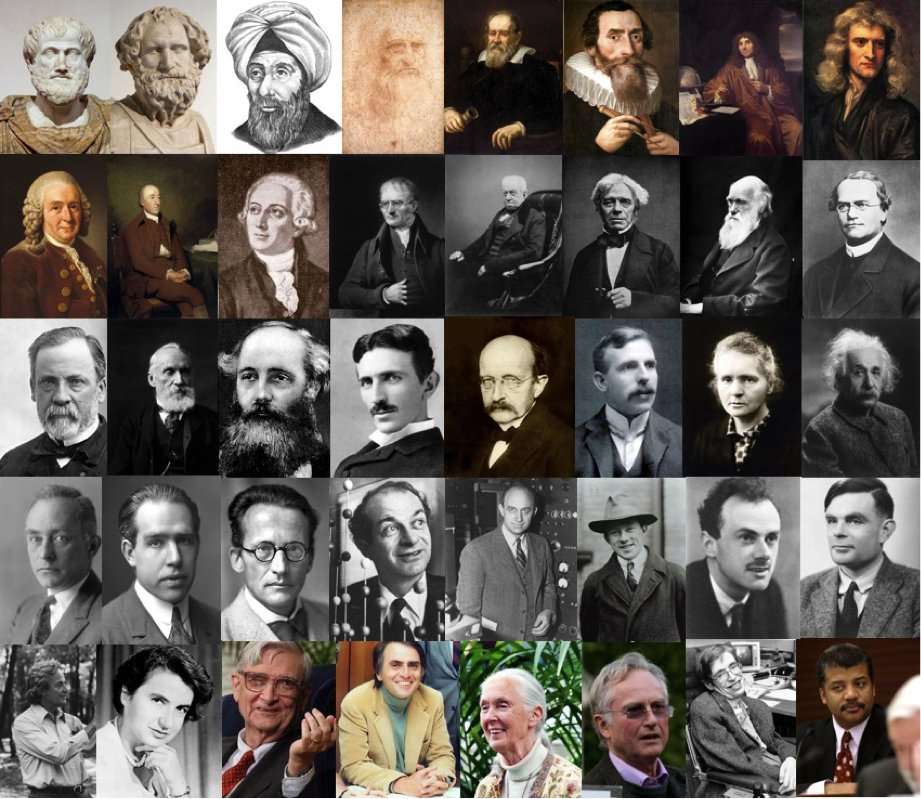The implications of exponential growth are notoriously difficult for us humans to wrap our minds around. Legend has it that when the game of chess was invented, the king of India was so taken with the game that he offered the game’s inventor any reward he wished for. The inventor asked for grains of rice – specifically, one grain for the first square of the chessboard, two grains for the second square, four grains for the third square, and so on doubling for each of the 63 squares. The king laughed and granted this request, considering it to be a meager request for so grand an achievement. The king, along with any schoolchild who has heard this story, was surprised to learn that to fulfill this request would require 1,000 times more rice than exists in the world, and would be the size of Mt. Everest. Our intuition is not built to handle the concept of exponential growth.
Luckily, unlimited exponential growth is impossible on Earth (otherwise, we’d be left with no Earth). Although we still hear de Solla Price’s statistic repeated today, we need to ask, does this fact from over 50 years ago still hold true? Is science still increasing exponentially?
Price correctly argued that the trend could not continue indefinitely, or we would have more scientists than people (zombie scientists?). However, he also thought that science was already reaching “saturation” in 1961. David Goodstein, a physicist at Caltech, gave a speech in 1994 arguing that The Price Was Right and we had already hit “The Big Crunch” where progress in science slows down, based primarily on data from the US.
In order to investigate this question, I gathered data on 3 indicators of the growth of science: the number of PhD’s granted per year, the number of patents issued, and the number of papers published. For all of these, I have sought to get worldwide data, or at least data from the major countries.

hatemakingnames1 on May 28th, 2018 at 08:01 UTC »
With increased population and longer life expectancy, I wouldn't be surprised if that's true for a lot of demographics.
nocontroll on May 28th, 2018 at 06:26 UTC »
That was a really sophomoric article.
What defines a scientist? Exploration, deduction? A graduates degree?
Seems like a bold statement and very ambiguous.
nedonedonedo on May 28th, 2018 at 06:09 UTC »
I always wondered why there were so few names in philosophy/science/math, but I figured it was just that only the really smart ones were remembered. turns out there just wasn't that much competition